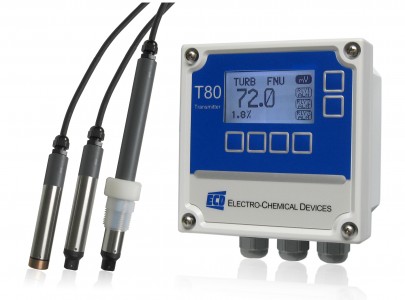Suspended Solids
Total Suspended solids (TSS) is the amount of solid particulate which remain in suspension in water. Normally TSS can be defined by the amount of solids which can be trapped if passed through a filter, leaving particles greater than 2 microns. Normally TSS is made up of floating waste material, sediment, silt or organic particles. The measurement of TSS in the field is commonly undertaken using a turbidity sensor which has been calibrated for TSS. For accurate measurements it is recommended that a site specific calibration is undertaken so that a high level of accuracy can be provided.
Why is the measurement of TSS important?
The measurement of TSS is important as it is seen as the most natural indicator of water quality. The cleaner the water the more translucent the water will appear. Often monitoring TSS can be a good indication of a chemical spill or surface water runoff. In process application TSS can also be used as an indication for treatment process performance and compliance requirements.
Sort by:
Recommended
-
 ECD TR86 Intelligent Turbidity / Suspended Solids Monitor
ECD TR86 Intelligent Turbidity / Suspended Solids Monitor
SKU: TR86
Intelligent Turbidity / Suspended Solids MonitorSensor only option availableInfrared Optical DesignStores identity and calibration informationImmersion and flow through options availableCan be combined with S80 for multiple measurements£2170.00
£2604.00 inc VAT


